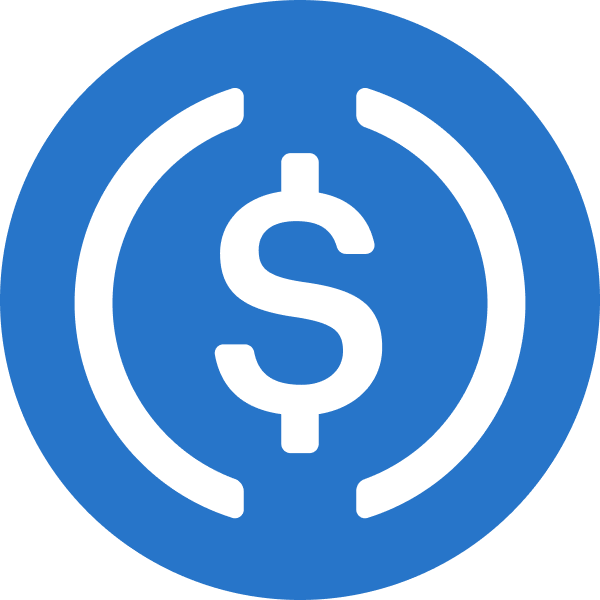What is MiCA (Markets in Crypto Assets Regulation)?

MiCA is a regulatory framework introduced by the European Union (EU) to govern crypto assets.
It strives to foster innovation while protecting consumers and participants in the crypto-asset market.
MiCA regulates three main categories of crypto-assets: Asset-referenced tokens, Electronic money tokens, and other crypto-assets.
What is MiCA?
The Markets in Crypto-Assets (MiCA) regulation is a regulatory framework introduced by the European Union (EU) to govern the issuance, provision of services related to crypto assets. MiCA strives to foster innovation while protecting consumers and participants in the rapidly evolving crypto-asset market. It establishes rules and licensing requirements for crypto-asset service providers operating across the European Economic Area (EEA).
How does MiCA work?
MiCA mandates that any company offering services like custody, advisory, etc. must register with national regulators and meet organizational, operational, and business conduct standards. These include measures to protect client assets, prevent conflicts of interest, and ensure market transparency. For crypto-asset issuers, MiCA mandates disclosure through "whitepapers" — documents that provide details about the asset's rights and risks. Stablecoins also face reserve, governance, and stabilization requirements under the rules.
What types of crypto-assets does MiCA regulate?
MiCA seeks to regulate three main categories of crypto-assets that use distributed ledger technology:
Asset-referenced tokens (ARTs): These are stablecoins that reference the value of other assets like commodities, currencies, or crypto-assets to maintain a steady price. All stablecoins fall under this MiCA classification.
Electronic money tokens (EMTs): A form of stablecoin pegged to the value of a single fiat currency that is legal tender, like the Euro. So EMTs strive to have the same stability as a bank-issued electronic currency.
Other crypto-assets: This blanket category covers utility tokens and other crypto-assets that don't qualify as ARTs or EMTs. Utility tokens provide digital access to a specific product or service. MiCA rules still require transparency but are less strict than those for stablecoins.
Certain crypto-assets are excluded from MiCA altogether at this stage, like security tokens, non-fungible tokens (NFTs), and central bank digital currencies (CBDCs).
Crypto-Asset Service Providers and Issuers Under MiCA
To operate under MiCA, both crypto-asset service providers (CASPs) and crypto-asset issuers face regulations and licensing requirements. CASPs must register for formal authorization with a national regulator in one of the EU member states. The process involves meeting minimum capital and governance standards and submitting policies for security, operational resilience, complaint handling, conflicts of interest avoidance, and more. Coinbase secured a CASP authorisation from the Luxembourg Commission de Surveillance du Secteur Financier (CSSF), enabling us to offer our full suite of crypto products to the EEA.
For crypto-asset issuers, key obligations relate to launch compliance. Issuing crypto-assets to the EU public requires registering as a legal entity within the association, ensuring accountability. Exemptions apply for small projects under €1 million. Issuers must also publish a whitepaper covering mandatory details on the crypto-asset's assets and risks.
The Impact of MiCA
MiCA provides regulatory clarity about which activities require licensing, how crypto can be marketed and sold to the public, and more uniform protections for users across Europe. While decentralized finance and non-fungible tokens are not yet covered, the regulation is a step forward for crypto oversight globally. It strives to attract more participation to the region, apply in 27 countries that collectively represent nearly one-fifth of the global economy, and provide legal certainty for businesses.
MiCA v non-MiCA services
Coinbase offers different types of services in the EU and European Economic Area (EEA), including MiCA regulated services offered by Coinbase Luxembourg S.A., and other non-MiCA services that may be made available by our EEA and non-EEA affiliate companies. We outline the differences below:
MiCA regulated services (provided from within the EEA by CB Lux)
These services are fully regulated under the EU’s MiCA framework, which is designed to protect you as a user and provide a consistent standard across the EEA. If you are based in the EEA, Coinbase Luxembourg (CB Lux) is authorised as a crypto-asset service provider and provides you with the following MiCA-regulated services:
Crypto Trading – Buy and sell crypto-assets in a secure and regulated environment.
Custody – Store your crypto-assets securely in your Coinbase account.
Transfers – Send crypto from your Coinbase account and Receive crypto into it.
Non-MiCA services (provided from outside the EEA by affiliates)
Other crypto-related services are also available to EEA users through Coinbase affiliates other than CB Lux, which are based outside the EU and EEA. These other Coinbase services are not regulated under MiCA, and different rules may apply.
These non MICA services offered by entities other than CB Lux may include:
Access to Decentralized Exchanges (DEXs) – Trade directly on blockchain-based platforms using your self-hosted wallet (unregulated service)
Derivatives Trading – Trading crypto perpetual futures via non-EEA Coinbase affiliate entities (regulated service, but not provided under an EU licence)
Self-Custody Smart Contract Wallets – Use our technology to control your own crypto directly, without us holding it (unregulated service)
Other Web3 Tools & Services – Including staking, NFTs, and more emerging products (unregulated services)
These services are not in scope of MiCA and therefore the relevant EU regulatory protections do not apply. These services may also carry different risks to those outlined in our MiCA-related EEA Crypto Risk Statement.
Why This Matters
We want you to:
Know which services are regulated under MiCA and EU law.
Understand when you're using a non-EEA and unregulated service.
Make informed decisions about how you interact with crypto.
Whenever you're using a non-MiCA unregulated or regulated service, we’ll clearly let you know — before you start using it.
Questions?
If you're unsure whether a feature or service is MiCA-regulated or not, or you want more details, we're here to help.













